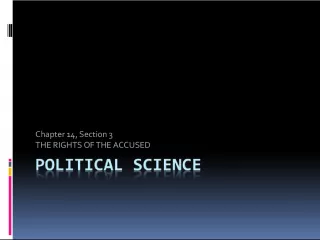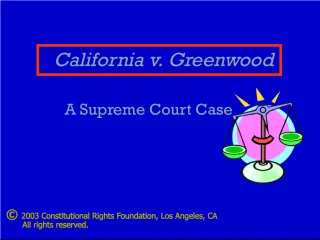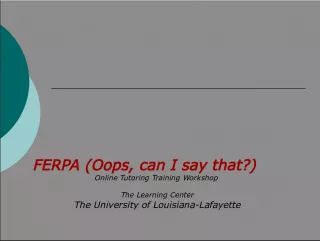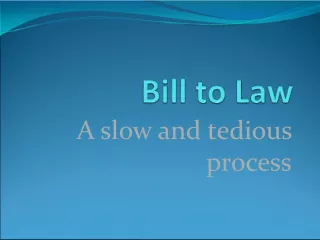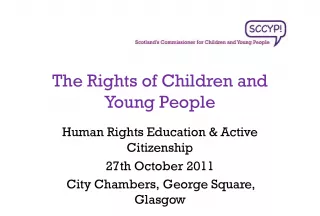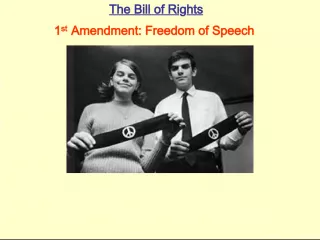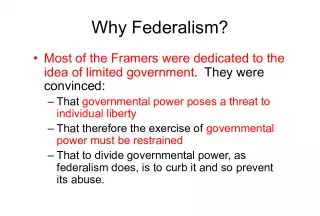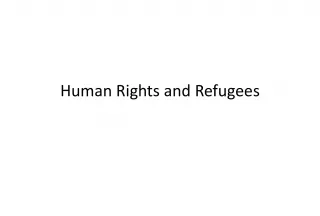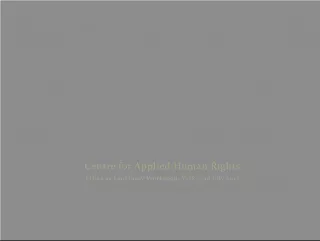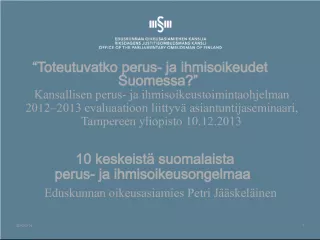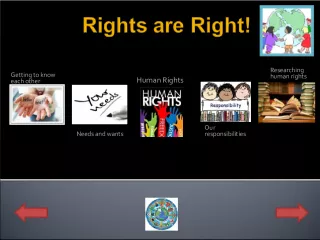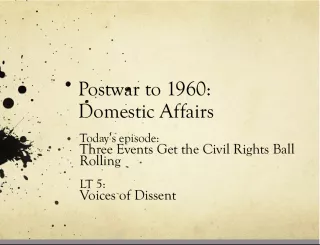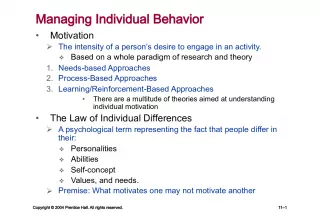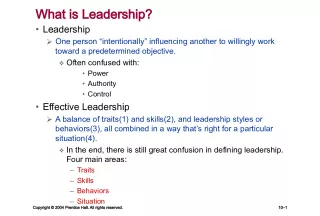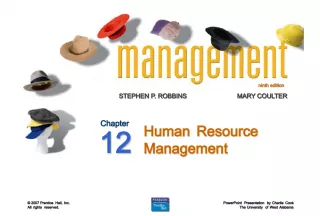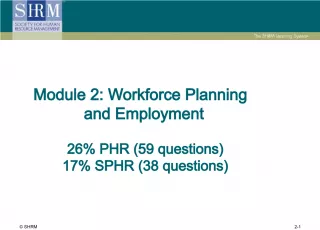Protecting Individual Rights and Due Process
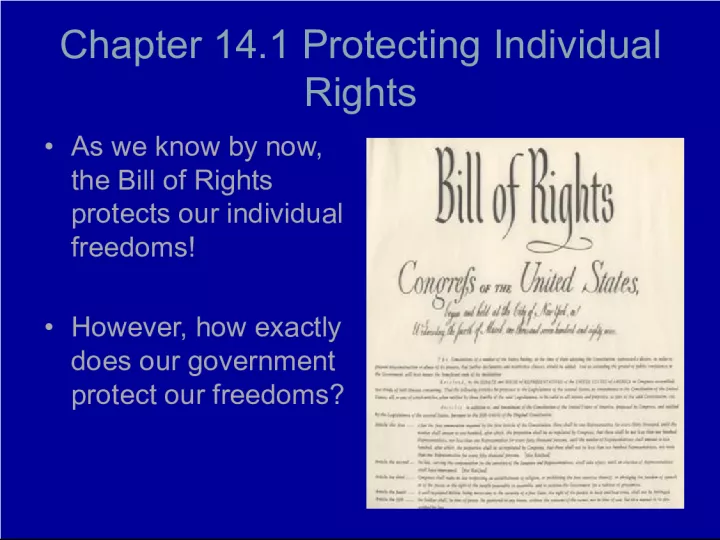

This chapter explores how the government protects individual freedoms through the Bill of Rights, and the different types of due process, including procedural and substantive.
- Uploaded on | 0 Views
-
 jerryollie
jerryollie
About Protecting Individual Rights and Due Process
PowerPoint presentation about 'Protecting Individual Rights and Due Process'. This presentation describes the topic on This chapter explores how the government protects individual freedoms through the Bill of Rights, and the different types of due process, including procedural and substantive.. The key topics included in this slideshow are individual rights, Bill of Rights, government, due process, procedural due process, substantive due process,. Download this presentation absolutely free.
Presentation Transcript
1. Chapter 14.1 Protecting Individual Rights As we know by now, the Bill of Rights protects our individual freedoms! However, how exactly does our government protect our freedoms?
2. Due Process Due process A governments duty to follow fair procedures set by law when carrying out government functions. 2 Types of Due Process Procedural due process Government must apply a law fairly and according to that law and its rules. Substantive due process Government must ask if the law that must be applied is fair to the citizen.
3. Why do we have due process protection? 5 th Amendment of U.S. Constitution No person shall be deprived oflife, liberty, or property without due process of law. Does anything else in the Constitution protect us concerning due process?
4. Gitlow vs. New York S. Ct ruled that though Mr. Gitlow published articles against the government, the 14 th Amendment should have applied to his newspaper company No state has right to take away life, liberty, or property without due process.
5. So why do we have due process? To limit the governments police power Its authority to enforce laws to protect the public. What, you cant trust police?
6. Security at Home Mapp vs. Ohio 4 th Amendment Protects citizens against illegal search and seizures What does this mean? Police can not search your house without search warrant Document signed by judge that allows police to search private property. NEED PROBABLE CAUSE!!
7. Mapp vs. Ohio Even though Ms. Mapp had obscene materials that were illegal, They were obtained illegally by police without search warrant. Exclusionary rule Evidence that cant be used against you in court if obtained without a warrant.
8. What about gun rights? U.S. Constitution 2 nd Amendment the right of the people to keep and bear arms shall not be infringed. Ohio Constitution 18-20 year olds Can own rifles and shotguns 21 and older Can own any guns including hand guns.
9. What cant I do with a gun in Ohio? Carry and Conceal License Only offered under specific guidelines. Has limitations as to where you can take your gun. Also limits whether or not you can have it loaded.
10. Security and Private Communication Can your phone be listened in on? 1967 S.Ct says NO!!! It is illegal! Dealing with anti government rallies because of Vietnam 2001 S. Ct says yes!!! It is legal! Dealing with 9/11 (PATRIOT ACT)
11. Right to privacy? U.S. Constitution does not really say anything about personal privacy. What does the S.Ct say? Roe vs. Wade S. Ct ruled that women have the right of privacy over their bodies in consideration of pregnancy until 3d trimester (around 6 months). Other than that, the S. Ct hasnt said much else.
12. In the military. What about Dont ask, dont tell? So far, the ruling by the UCMJ is that you can not be openly gay in the military. Considered a hazardous distraction to the overall objective UCMJ Universal Code of Military Justice Court system of the military.
13. Is it costing us to have gays in the military?
14. So, as a review. 1 st Amendment Freedom of Speech Press Assembly Religion Petition 2 nd Amendment Right to bear arms 4 th Amendment Illegal search and seizure 5 th Amendment Due process guaranteed at federal level. 14 th Amendment Due process guaranteed at state level.
15. Good ol homework. Pg. 325, #4 1 page at least 2 reasons why or why not Question: The right to privacy is not specifically guaranteed in the Constitution. Do you think it should be? Consider: Internet sites such as Facebook, MySpace, Twitter, blog sites Cell phone use Being gay or lesbian in military
